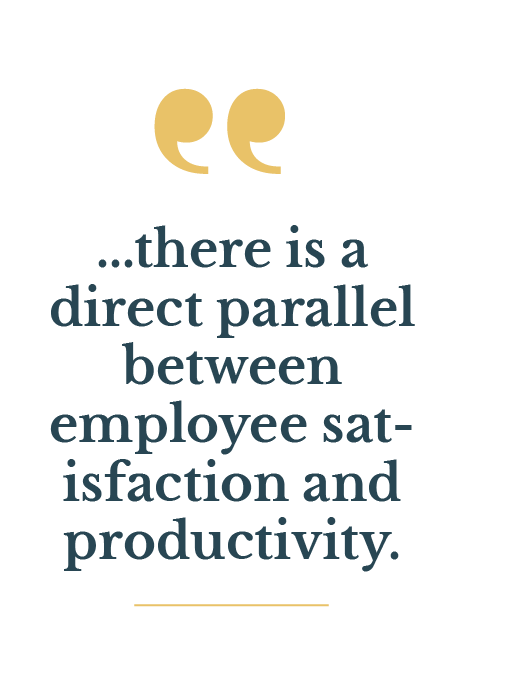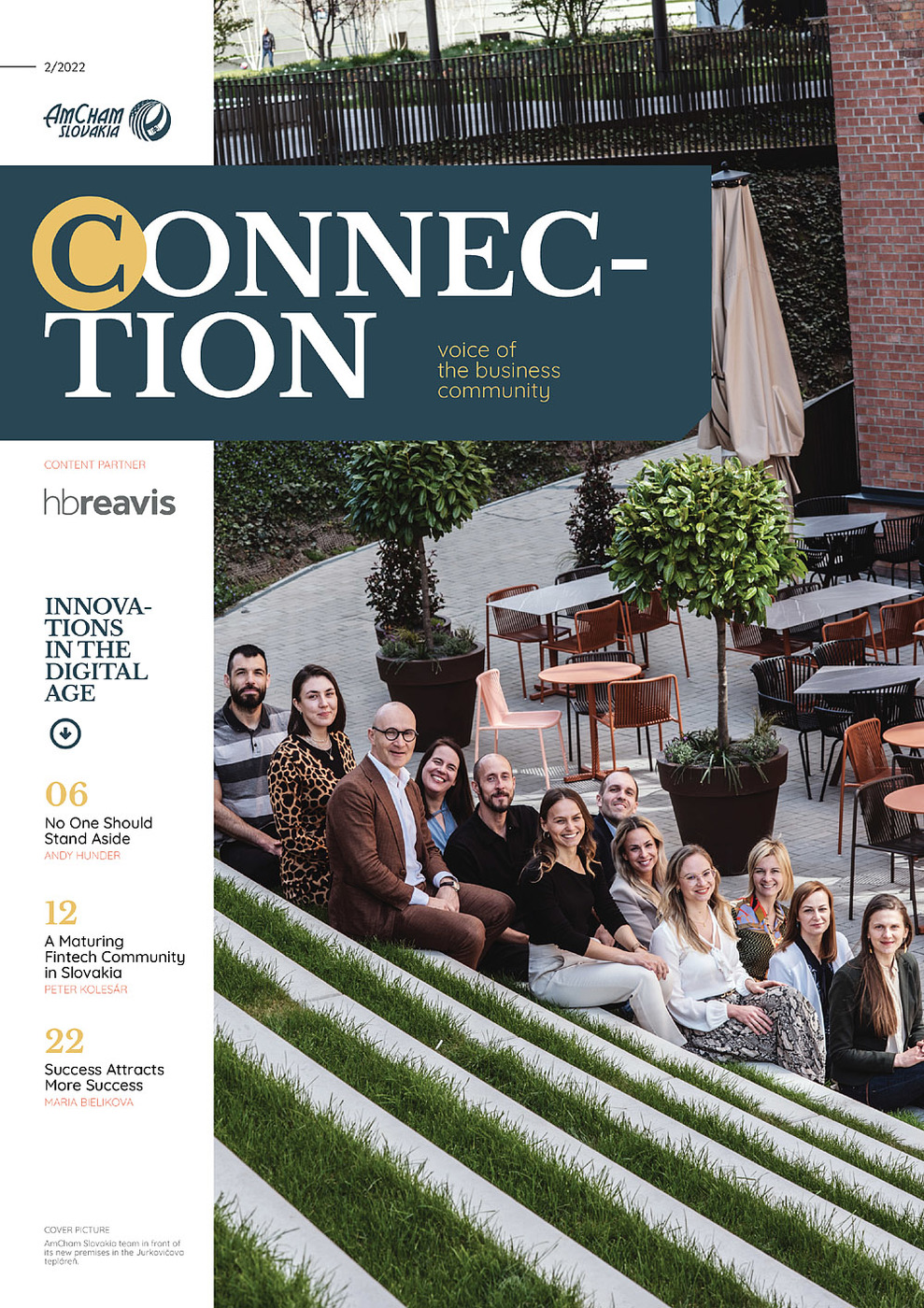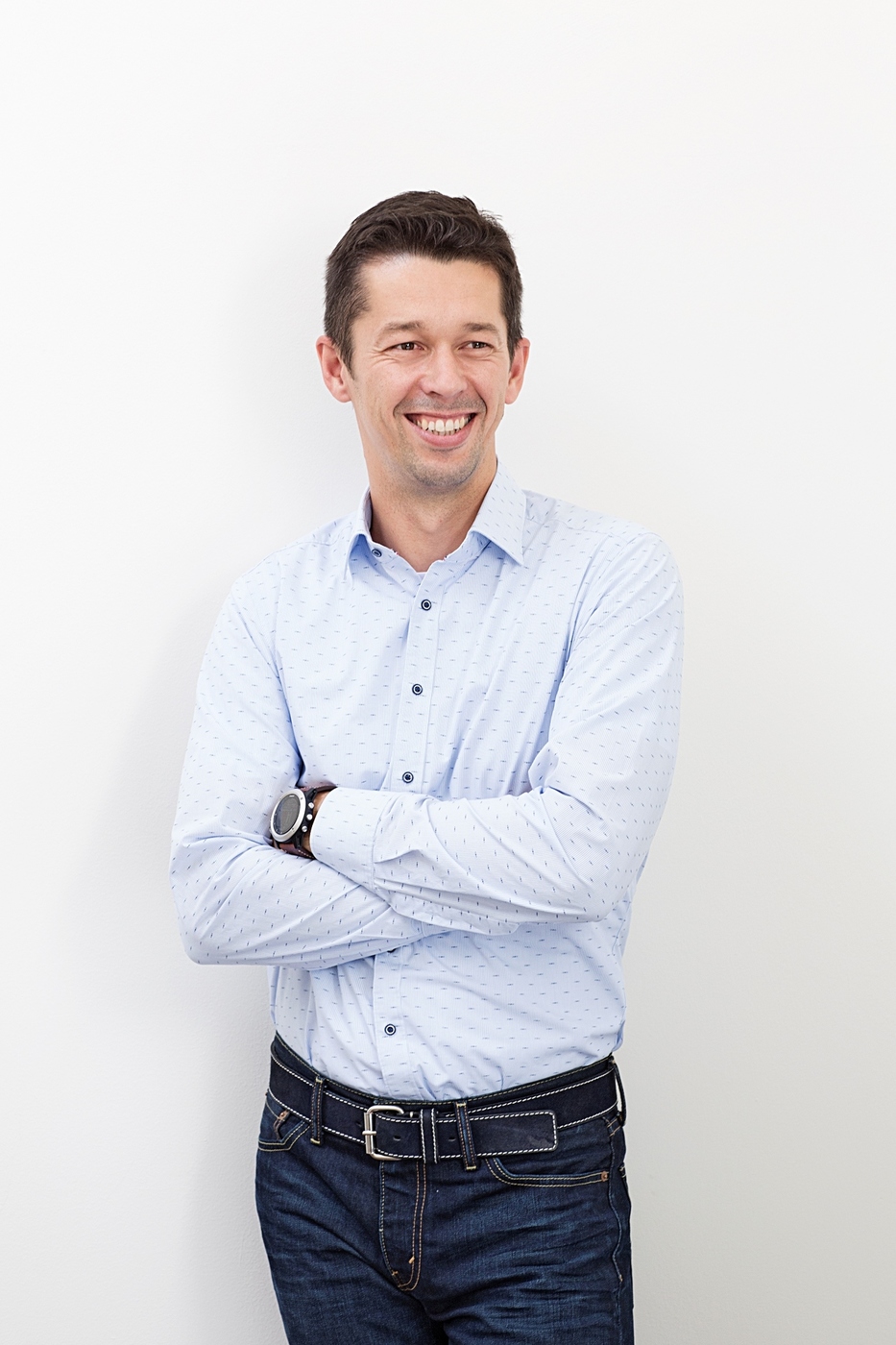Why are so many companies struggling with maintaining their company culture and team morale after two years of the pandemic?
It is not a secret that offices have an important function in company culture. Human beings are social creatures and need to be physically present and have direct contact. Not only for bonding and creating relationships but also as an elementary essence for growth - both our own and for businesses. Therefore, we knew offices would not vanish, they only needed to change.
As a result of these changes, in offices will offer more space to meet or solve collaborative tasks, and less space for deep focus work, which will move more to remote environments. Therefore, working from home will also remain, and hybrid work styles will become the standard. It just needs to be mixed right and tailor-made for each organization and its needs.
The pandemic has clearly shown that the workplace is an important part of a company’s identity and culture, and it impacts the quality of work, communication and interactions. Have you observed any change reflecting this observation in communication with your clients?
HB Reavis introduced services such as Origameo and Symbiosy years before the pandemic. These services are also focused on post-pandemic themes, i.e., on how to effectively organize a company in the office based on data and the company’s interactions, all with a focus on putting health first. So the biggest difference for us is that clients have realized the importance of these factors and are more willing to listen. Currently we are helping many companies, and VUB was among the first clients to seek our help with post-pandemic solutions for hybrid work.
 Companies are eager to offer their employees an improved office experience and are looking for solutions that are efficient but also reflect their values and culture. Can these two goals be aligned?
Companies are eager to offer their employees an improved office experience and are looking for solutions that are efficient but also reflect their values and culture. Can these two goals be aligned?
From our point of view, they must be aligned. Accurate productivity measurement is extremely demanding, especially if we are talking about so-called knowledge workers. But the only thing many experts agree on is that there is a direct parallel between employee satisfaction and productivity. Basically said, a happy employee equals a productive employee. And that’s also why the changes in offices bring changes inside organizations, and thus challenges for change management.
What are the main questions a company needs to address before attempting to create a new workspace that’s suitable for the hybrid work model?
The office layout has not changed much due to the pandemic. The trend of adapting a space to the organization that uses it, which is now more prevalent, had started before. Today, there is just more emphasis on understanding how the office space users work and what are the employees’ needs.
Many companies have optimized their premises as their employees work in alternating A and B teams, and the smart solutions used in today’s offices are moving towards making office life more comfortable and effective. Clients have shown great interest in our Desk Booking app, which is basically an office organization system that involves multiple workers using a single physical workstation during different time periods thanks to a booking system. This solution is affordable and thus applicable for all types and sizes of companies.
In the near future, offices will make even more use of technology – various audio-visual and collaboration systems that will serve to better connect the online and offline worlds – so that team meetings, with some online and some physically present participants, will be more interactive and effective.
In order to manage this process successfully, employees should be involved in the entire process. How should companies handle and communicate such an important change internally?
Origameo, a consulting division of HB Reavis, accompanies clients throughout the entire cycle of moving to new premises or reorganizing the current ones. The whole process starts with a series of workshops where we cross-question not just the management leadership but also the employees. Thanks to these activities, we can put together a real value chain of the entire organization.
This helps us get a full picture of what the organization needs and where each team should be to improve collaboration. The employees’ needs also get recognized, so based on our experience, there is usually no problem for employees to accept these changes.
Our methodology also includes a so-called post-relocation survey, which we use to calibrate the space three to four months after moving in. It is only after the completion of this phase that we get the ultimate answer as to whether we have designed it well. The fact that nothing is really final in the beginning helps the whole company to focus on getting the best result possible for everybody involved. Talking about all this might be scary for companies. But with the right and experienced partner, it may turn into a great learning experience.
Martin Neštepný, Head of Smart Workspace Design & Solutions, HB Reavis



Follow us